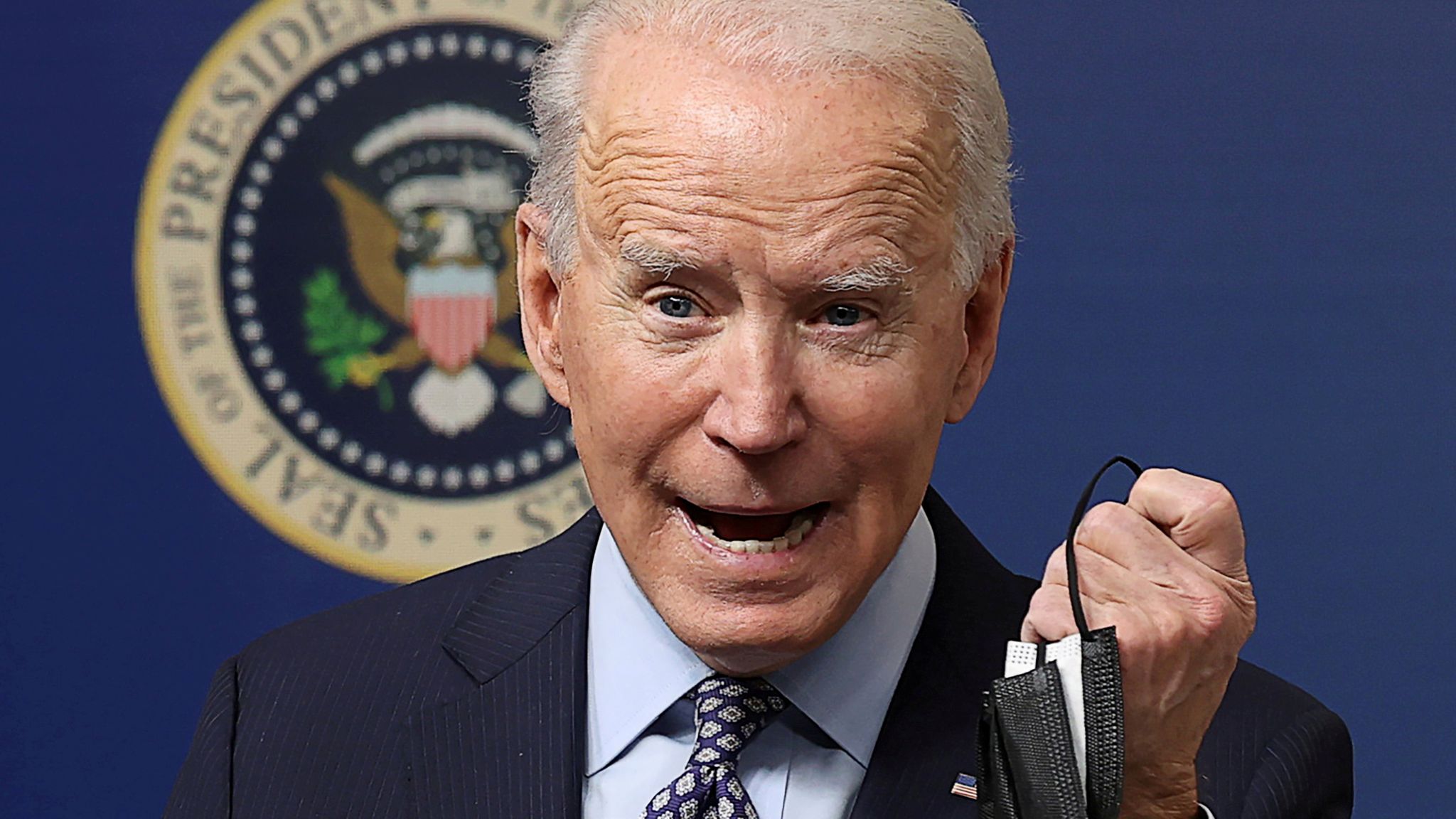Biden Pushes Controversial Crypto Regulation in His Final Days as U.S. President
11.01.2025 11:00 2 min. read Alexander Zdravkov
In a contentious development during President Joe Biden’s final days in office, the Consumer Financial Protection Bureau (CFPB) has introduced a proposal targeting cryptocurrency wallet providers like MetaMask and Phantom.
The rule seeks to classify digital wallet providers as financial institutions under the Electronic Funds Transfer Act, potentially making them liable for fraudulent or unauthorized transactions.
CFPB Director Rohit Chopra emphasized the need for consumer protection in the growing digital payments space, stating that users should trust their transactions are secure and free from errors. However, the proposal is widely expected to face resistance and may be shelved once the Trump administration, known for its more crypto-friendly stance, assumes power.
Critics in the crypto industry have likened the move to unfairly penalizing tool manufacturers for misuse of their products. Joey Krug of Founders Fund compared it to holding a hammer maker responsible for how the tool is used. Many also view this as an extension of Senator Elizabeth Warren’s broader agenda against cryptocurrencies. Warren, a longstanding critic of the digital asset space, played a key role in the creation of the CFPB and has influenced its direction over the years.
READ MORE:

Russian Authorities Seize Bitcoin and Assets in Bribery Case Involving Former Investigator
With the Trump administration poised to take office, analysts believe the proposed rule will have little chance of survival. The administration is expected to dismiss Chopra, a Warren ally, and pivot the CFPB away from heavy-handed regulation of digital assets. Historically, Republicans have criticized the CFPB, and the upcoming administration has signaled a more supportive approach to the crypto industry, in stark contrast to Biden’s cautious policies.
-
1
Japan Plans Major Crypto Reform with New Tax Rules and ETF Access
24.06.2025 20:00 2 min. read -
2
Gemini Launches Tokenized MicroStrategy Stock for EU Users
28.06.2025 9:30 2 min. read -
3
Here is When the U.S. House Will Vote on Key Crypto Bills
04.07.2025 12:00 2 min. read -
4
U.S. Crypto Investors Hit by IRS Letter Surge as Tax Crackdown Looms
29.06.2025 11:00 3 min. read -
5
Ripple Drops Cross-Appeal, Moves to End SEC Case “Once and for All”
28.06.2025 12:30 2 min. read
Senate Confirms Crypto-Linked Nominee Jonathan Gould to Head OCC
The U.S. Senate has confirmed Jonathan Gould as the next head of the Office of the Comptroller of the Currency (OCC), moving his nomination to President Donald Trump for final approval.
Australia Tests CBDCs in 24 Separate Real-World Finance Use Cases
Australia is stepping up its digital currency efforts with the next phase of Project Acacia, a pilot focused on testing central bank digital currency (CBDC) and tokenized finance in real-world applications.
U.S. Treasury Eliminates Crypto Reporting Rule Targeting Decentralized Exchanges
According to Bloomberg the U.S. Treasury Department has officially eliminated a controversial crypto reporting requirement that targeted decentralized exchanges.
U.S. Lawmakers Target El Salvador With Crypto Sanctions Plan
Three Democratic senators—Chris Van Hollen, Tim Kaine, and Alex Padilla—unveiled a bill aiming to penalize El Salvador’s President Nayib Bukele and his allies.
-
1
Japan Plans Major Crypto Reform with New Tax Rules and ETF Access
24.06.2025 20:00 2 min. read -
2
Gemini Launches Tokenized MicroStrategy Stock for EU Users
28.06.2025 9:30 2 min. read -
3
Here is When the U.S. House Will Vote on Key Crypto Bills
04.07.2025 12:00 2 min. read -
4
U.S. Crypto Investors Hit by IRS Letter Surge as Tax Crackdown Looms
29.06.2025 11:00 3 min. read -
5
Ripple Drops Cross-Appeal, Moves to End SEC Case “Once and for All”
28.06.2025 12:30 2 min. read

